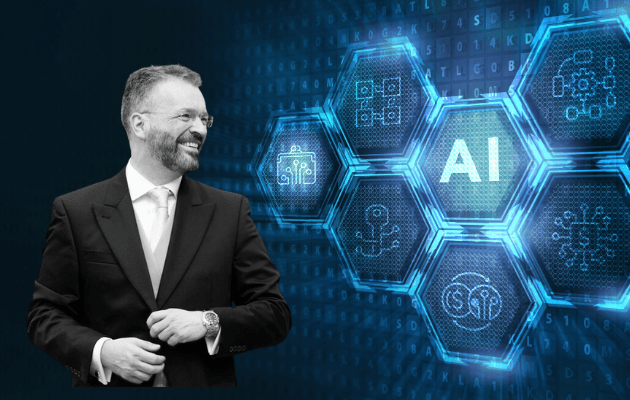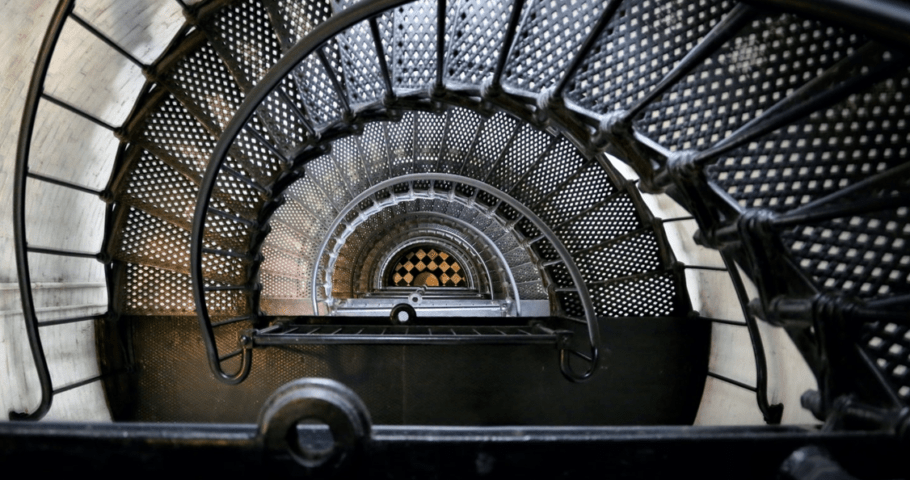Can existing intellectual property rights survive the rise of the machines?
by Jerry Bridge-Butler, Partner at Baron Warren Redfern
The word “intellectual” in the legal term “intellectual property” refers to the very human characteristic of being of the mind. IP is essentially any original thinking which has a value to us, be it music, inventions, business models, poems, films and so on. Humans have built complex legal structures around protecting IP, to ensure rightful ownership to those who came up with it. It makes logical sense to use that those who thought of it should own it. However, when it starts to become possible for IP to be artificially created this raises some rather fundamental questions about what IP actually is, and how the law should handle such AI generated content.
“Perhaps the bigger issue faced by copyright is the intriguing question of whether AI-generated songs, images and text infringe existing copyright protecting the source material the AI necessarily plunders to generate its own output.”
Jerry Bridge-Butler, Partner at Baron Warren Redfern, Chartered Patent Attorney and Chartered Trade Mark Attorney
The starting point for any discussion about IP protection is to acknowledge that there is no blanket law against copying. In the majority of instances you are free to copy what others do. Such a “right” is vested deep within the freedoms afforded to us by our democratic and free society, and by the imperative to prevent monopolies from occurring in any marketplace. We like to be free and we like there to be legitimate competition amongst suppliers. However, there are tightly defined instances when an IP owner can prevent others from copying them, so they have an exclusive monopoly right to exploit their work. The two most relevant areas of IP here are copyright, which protects works of art, and patents, which protect technical inventions. This is because AI has been applied to incredible effect already in both areas, posing the question of how the law should handle this IP. The original rationale behind providing exclusive rights like this is different in each case.
- Copyright is intended to protect artistic output, and to ensure that only the creator can benefit from its exploitation. Copyright lasts for the life of the artist plus 70 years, which is an extremely long time and ensures that not only the artist but also their descendants benefit. There is little or no impact on our freedoms because copyright only does what it says on the tin, namely it provides the right to prevent actual copies. We’re all free to create our own original artistic works, as is our right.
- Patents are intended to stimulate investment in innovation, for the benefit of all mankind. Patent owners can enjoy a 20-year monopoly to use a new invention and recoup the original investment in R&D, and in return we can all use it after that.
So, what happens when content which is eligible for such protection is computer-generated? Would allowing AI content to be protected violate the principles behind granting such exclusive rights?
Copyright law in the UK does accommodate computer-generated content, and sets out that the owner of the work “shall be taken to be the person by whom the arrangements necessary for the creation of the work are undertaken”. Therefore, if you programme an AI programme to generate content, then you own it, and you have intellectual property protection. This provision was introduced more to simply address the legal notion of computer-generated content. However, the fierce advance of AI in recent times has created the prospect of one person being the owner of the copyright in a disproportionately large quantity of work in a very short space of time. It would be possible to ask an AI to generate 10,000 novels for example, and it would probably do it in less than an hour. Would it be right to grant the same exclusive rights to such a computer programmer as to an author who slaves their whole life to generate a fraction of the content? The only concession in the law at present is that the copyright only lasts 50 years from the date of creation, but this is still an extremely long time in IP terms.
Perhaps the bigger issue faced by copyright is the intriguing question of whether AI-generated songs, images and text infringe existing copyright protecting the source material the AI necessarily plunders to generate its own output. At the moment the answer to that is no, because the generated work usually does not contain a substantial part of the original work in the sense required under existing laws – i.e. words in the same actual order in a book, or notes in the same sequence in a song. Copyright does not protect the ideas vested in a text, or something like an authorship or musical style. It also currently does not protect things like the sound of a singer’s voice, or the shape of an actor’s face. However, that has not stopped musicians, actors and authors from asserting ownership and declaring intellectual property infringement.
The key question is whether the law should be changed so AI-generated work is considered copyright infringing due to the automated extent to which it must rely on earlier works. Artificial intelligence is not capable of genuine originality in the human sense and relies instead on processing existing works to generate something similar. An AI could potentially produce an original book in the distinctive style of a known author, but it would do so by slavishly relying on all kinds of data vested in their existing works. Textual patterns, sentence construction, common words and expressions, and even narrative structures are recognised by the AI and then reproduced. The same is true with the sound of a singer’s voice, which is not a “work” in the traditional sense at all, but it is still something which forms a very important part of all the songs that the artist has produced.
This all comes down to appreciating that there is value in the data intrinsically embedded in existing works, which prior to AI was never even considered as something which needed protecting. The most likely next major change to copyright law will almost relate to this.
In terms of patents, the situation is rather different. Under existing patent laws a human inventor must be identified. It was not the intention to exclude computer-generated inventions, but to ensure proper recognition for inventors. However, this requirement has been relied upon to refuse a patent for an AI generated invention. If it remains impossible to obtain patent rights for AI-generated inventions then anyone who invests time and money in setting an AI to solve a technical problem cannot benefit from whatever inventive result it might come up with. With no assurance of making a return on such an investment as there would be with a human-conceived invention, there may be far less motivation to proceed that way in certain situations. Patent applicants might cheat the system and simply claim the invention was theirs, leading to unjust monopoly rights being granted. This is surely a concern, as the existence of patent rights can have a very serious impact on the world, such as in the price and availability of pharmaceuticals. It would not be in the interests of humanity for patents to such things to be granted where the inventor was an AI and very little effort was expended by the computer programmers. Given that large numbers of AI-generated technical inventions are almost certainly immanent anyway, patent laws need to be amended to specifically establish if protection should be available or not, and if so at what level and duration. Only when a solution is in place can there be certainty and fairness for all.
If you feel that you need an intellectual property lawyer, please feel free to reach out to Jerry.




